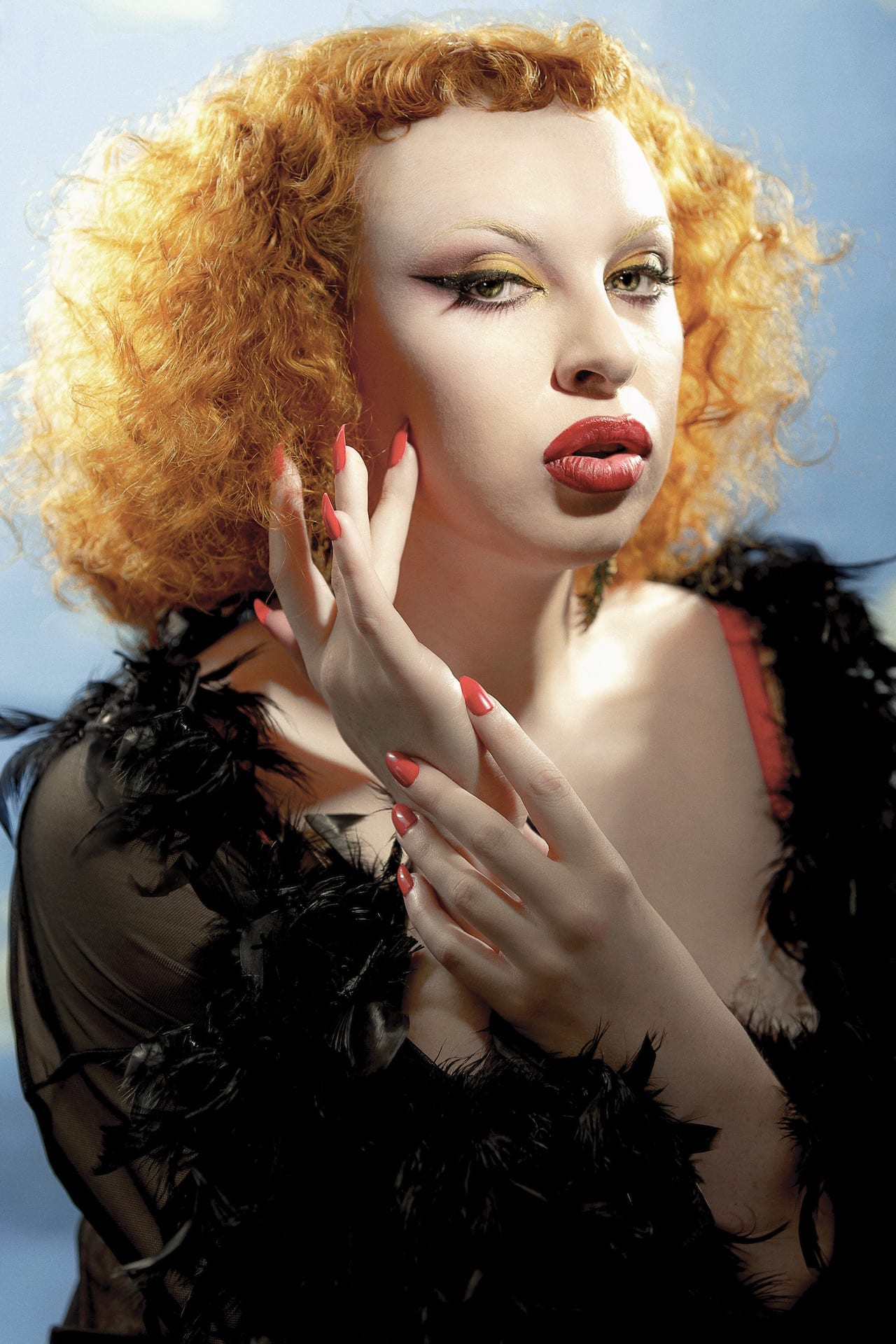Famously described by Susan Sontag in her 1964 essay Notes on ‘Camp’ as “a sensibility (as distinct from an idea)”, the appreciation of camp was born out of artifice and opulence, a vulgar fascination with theatrical exaggeration. And while it has long been tied up with LGBTQI culture, it has become a compelling way to convey messages without limits. “To me, camp is a very powerful thing,” says Phillip Prokopiou. “It’s a form of satire – a way to exaggerate and ridicule things that are very serious.” Prokopiou, a South Africa-born, London-based photographer behind an eponymous studio, which he co-founded with his partner-in-life-and-art Panagiotis Poimenidis, has long been fascinated with the power of kitsch to communicate our deepest hopes, fears and fantasies – whether they manifest in the form of a moustachioed Virgin Mary (stage name: Virgin Xtravaganzah) sitting chastely in the glow of ‘Gawd’’s glory, or an otherworldly extraterrestrial gazing into the distance.

